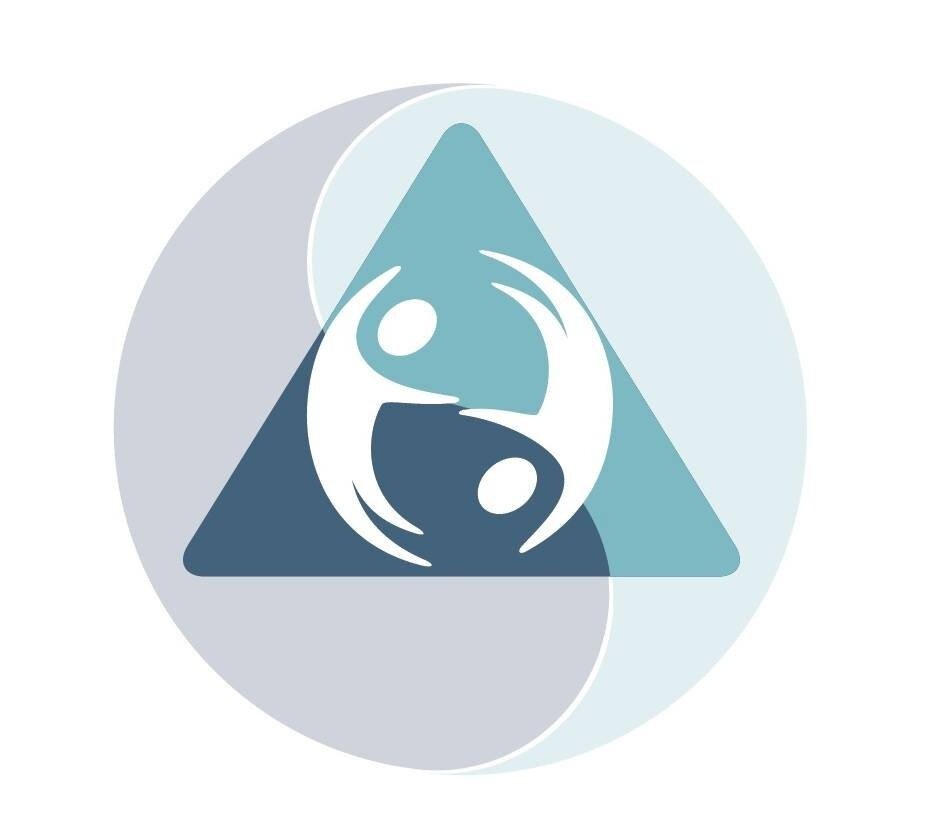Applied Kinesiology
What is Kinesiology?
Kinesiology is a cutting-edge diagnostic and treatment technique which uses manual muscle testing as a primary feedback mechanism to examine how the person is functioning. The human body is dynamic and multi-faceted, and thus, must be approached as a “whole.” Kinesiologists refer to this concept as the Triad of Health = Structural, Chemical and Emotional factors.
Structure = muscles, bones, ligaments, tendons, spine, disc, nervous system function, etc.
Chemical = cells, tissues, organs, glands, dietary deficiencies or excesses, proper nutrition.
Emotional = balance of psychological/emotional stress (usually money, love, or you) is just as physiological to the human body. Emotional “stuck” patterns often impair our body’s natural response to heal and progress towards optimal health.
The doctor, using Applied Kinesiology, finds a muscle that is unbalanced or inhibited, and then attempts to determine why that muscle is not functioning properly. The doctor works out the treatment that will best balance the patient’s muscles. Treatments may involve specific joint manipulation or mobilization, various myofascial therapies, cranial techniques, meridian and acupuncture point stimulation, clinical nutrition, dietary management, counseling skills, evaluation of environmental irritants, and various reflex procedures.
Dr. George Goodheart, D.C., founder of Applied Kinesiology, was the first chiropractor named to the United States Olympic Medical Team in 1980. Since then, the formation of the International College of Applied Kinesiology (ICAK) was founded to provide a standard for AK practitioners all over the world, as well as provide a collection of techniques that are constantly being refined by Chiropractors, Osteopaths, Medical Doctors, Dentists, Acupuncturists, Biochemists, Psychologists, Homeopathic, Naturopathic doctors, etc. Members of these professions share knowledge through publications and conferences if the International College of Applied Kinesiology.
To read more about Applied Kinesiology and the ICAK chapter of the U.S, go to: http://www.icakusa.com/



